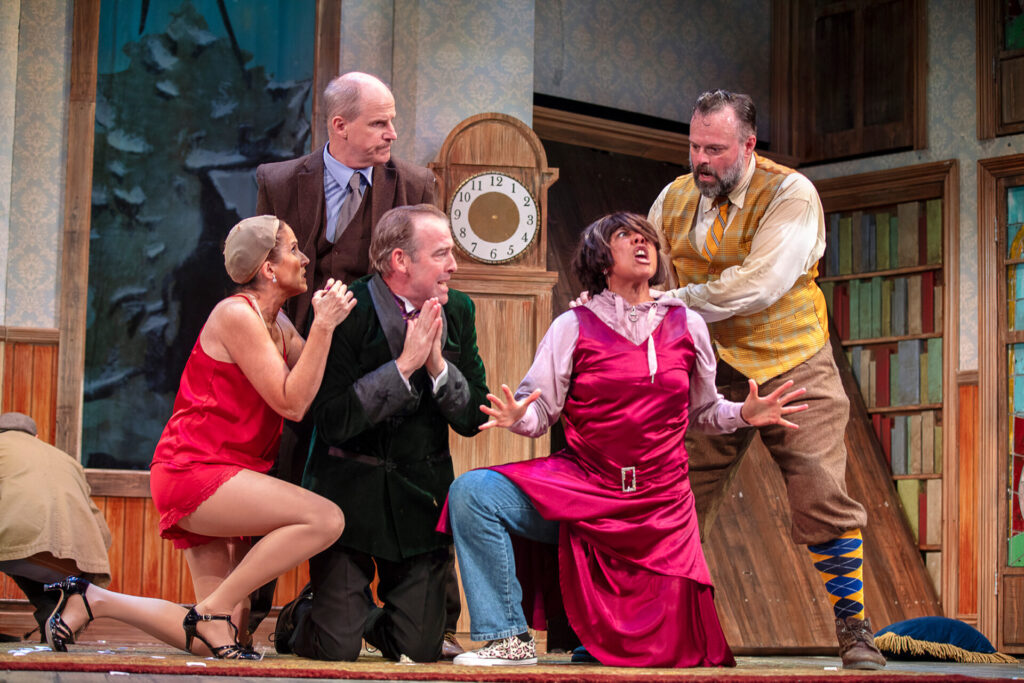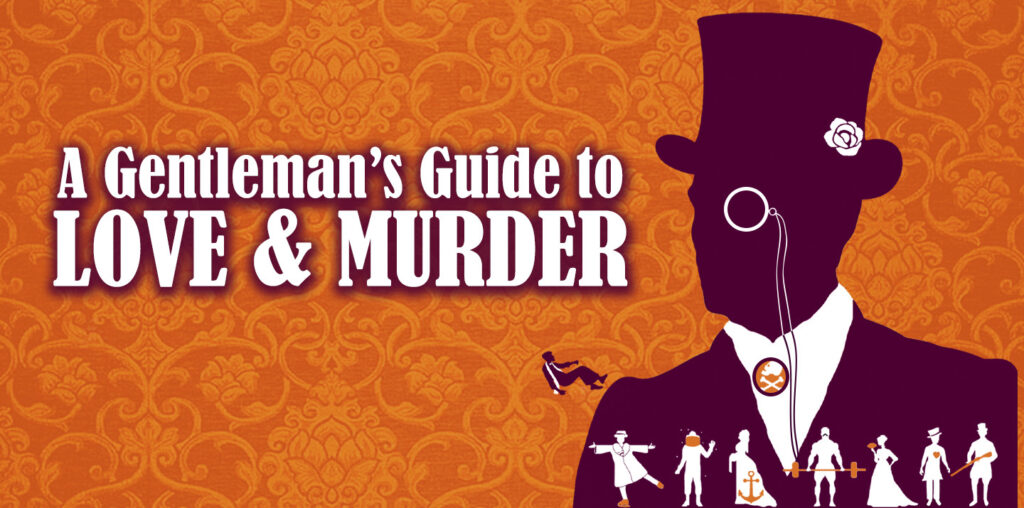The celebrated Hagen Quartet brought drama and splendid musicianship to the Perelman Theater in a rare visit on March 1, 2024. Three of the musicians are siblings: Lukas Hagen, violin; Veronika Hagen, viola; and Clemens Hagen, cello. All of them have spent their entire lives with the quartet, which celebrated their 40th anniversary a few years ago. Rainer Schmidt joined the family as violinist in 1987.
The Philadelphia Chamber Music Society once again covers Philadelphia in splendor by attracting the most celebrated and gifted world artists to perform here. They are a treasure which all Philadelphians should hold dear to their hearts. How can we choose just a few concerts, with such an embarrassment of riches at hand? A sweet dilemma, indeed. Tonight’s program included:
Haydn: Quartet in C Major, Op. 76, No. 3, Emperor (1797)
Bartók: Quartet No. 2 (1915-1917)
Beethoven: Quartet in A Minor, Op. 132 (1825)
Beethoven: Quartet in A Minor, Op. 132 (1825)
Imagine, if you will, an elderly Joseph Haydn (1732-1809) creating this quartet in 1797 during Napoleon’s siege of Vienna. Charm, grace, and wit imbue this quartet. No one hearing this could suspect that death might be at the doorstep. There are episodes of drama, intentionally placed as a patriotic call to defend the homeland against alien invaders. The Hagen Quartet played the work with thrilling mastery. Lukas Hagen galvanized his audience with forcefull playing and graceful sound, while the others performed elegantly and sensitively.
The next work on the program traveled more than a century into the future. Once again, war raged while Bartok wrote his quartet in 1915 and 1917. It is amazing to think that musical minds could create under such pressure, but that is why they are geniuses. The Hagen Quartet played Bartok thrillingly.
The second half of the program was devoted to Beethoven. This late quartet (1825) was written only two years before Beethoven’s death. Beethoven was wracked with physical traumas in addition to his being deaf. He dedicated part of his quartet as a “Thanksgiving to the Deity” for relieving him of his stomach pains for long enough to complete this work. Good Heavens. Speak of drama. All three composers created works of beauty while under the utmost duress. Surely, this remains as a testament to their greatness, and to the greatness of the indefatigable human soul.
The Philadelphia Chamber Music Society season continues with many more thrilling and unmissable performances for weeks to come. For complete information, visit www.pcmsconcerts.org .








